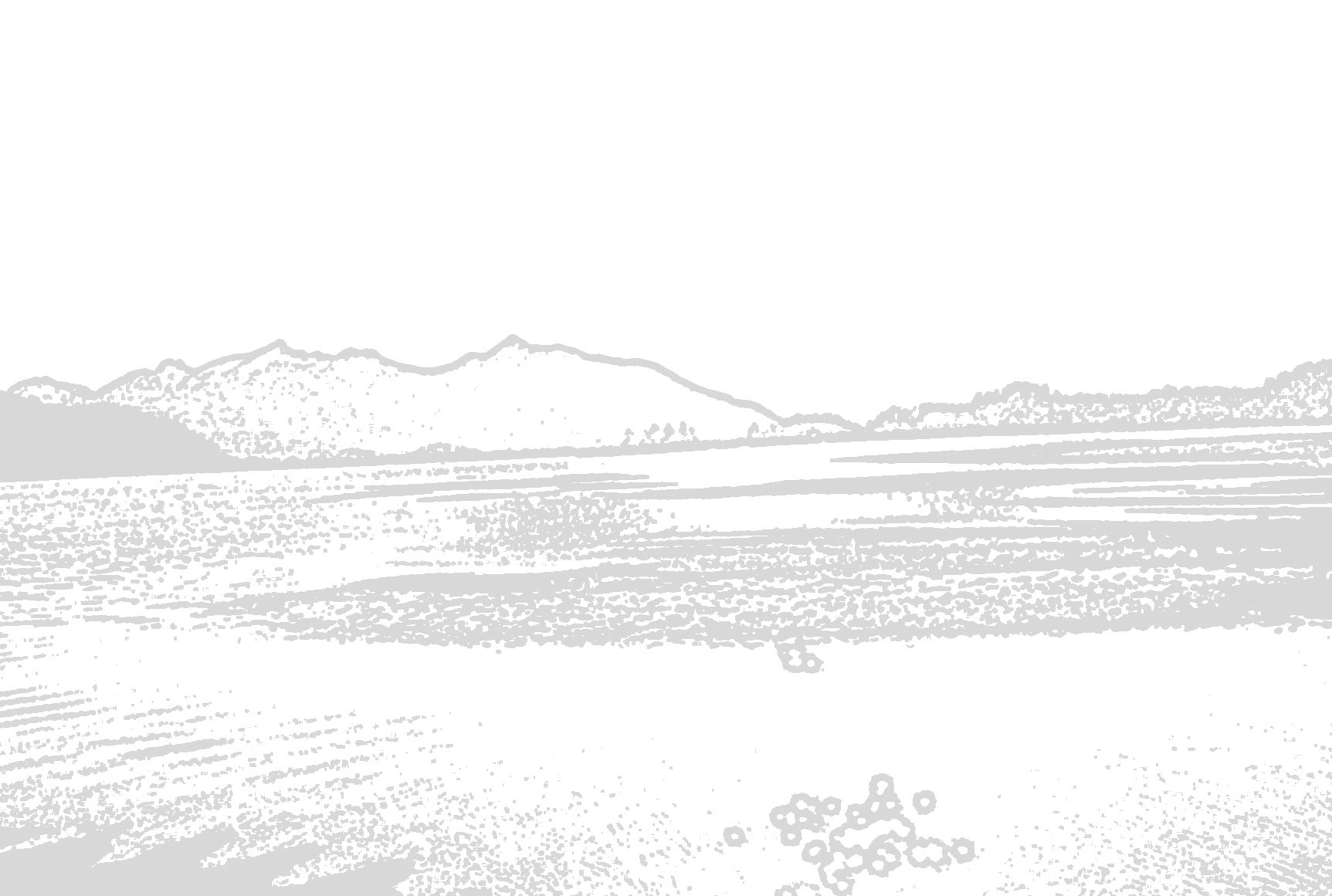
HISTORICAL TRAUMA
What is Historical Trauma?

A community seminar, facilitated by First Alaskans Institute and Alaska Native Dialogue on Racial Equity (ANDORE) team members, was held in Sitka in spring 2014.
Historical trauma is the cumulative emotional and psychological trauma accrued over generations. Historical trauma can typically be pinpointed at a specific major event or events that affected a community e.g. genocide, famine, war, slavery, colonization, natural disasters, etc. Historical trauma can have varied effects on individuals and populations that may include: unsettled trauma or grief, depression, high mortality, increase of alcohol misuse, child abuse and domestic violence. Examples of historical trauma have been observed among Lakota and other American Indian populations, Jewish Holocaust survivors and descendants, and Alaska Native populations.
The historical trauma of Alaska Natives is closely related to external events impacting them over hundreds of years; however, the underpinnings of historical trauma predate back to the ethnocentric stance of the Russians and missionaries. The holocaust (defined as an act of great destruction and loss of life) experienced by the cultural groups of Alaska Native people, has resulted in trauma that has been handed down to the next generations.
Many older Alaska Natives grew up in a time when the basic foundation of the social life that bonds the Alaska Native culture and communities together was damaged. Many believe that the soul and the psyche of generations of Alaska Native peoples have inherited the pain, loss, and frustration of their ancestors. As a result of loss of cultural patterns, identities, relationships, and unresolved psychological traumas, many Alaska Natives are experiencing chronic social problems today. This phenomena is referred to as historical trauma and is defined as cumulative emotional and psychological wounding both over a life span and across generations, resulting from massive group catastrophes.
Alaska Native cultural arrangements and patterns, including language, values, ethics, and beliefs, were severely challenged by the Western missionaries and educators. Alaska Natives lost the right to speak their languages, sing their songs, learn from contact with Elder knowledge, connect with nature, bond with their community, and pursue their traditional means of life. Art, ceremonial items, ceremonies, prayer, and healing practices were forbidden and condemned, and as a result many traditional practices were lost.
Traditionally, Indigenous people understand violence against women and children is not only unnatural, but a threat to the natural harmony and peace of all things in Creation. Women and children are special, girted spirits to be honored and respected. Violence was a rare event that called for immediate, severe sanctions against the assailant. To be violent toward another especially, women and children often meant banishment or other harsh consequences.
Alaska Native Dialogue on Racial Equity (ANDORE) is a statewide project that aims to initiate, foster, and grow racial healing by meaningfully engaging in conversations in communities across Alaska on race, racism and racial equity; in order to move people into a place of understanding, healing and growth. For more information, visit the First Alaskans Institute website.

